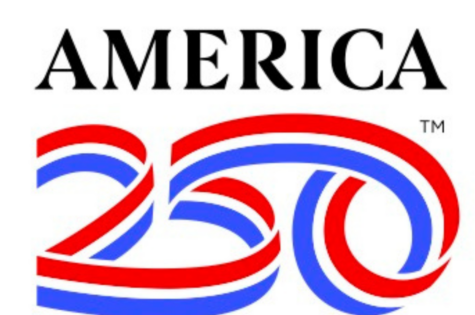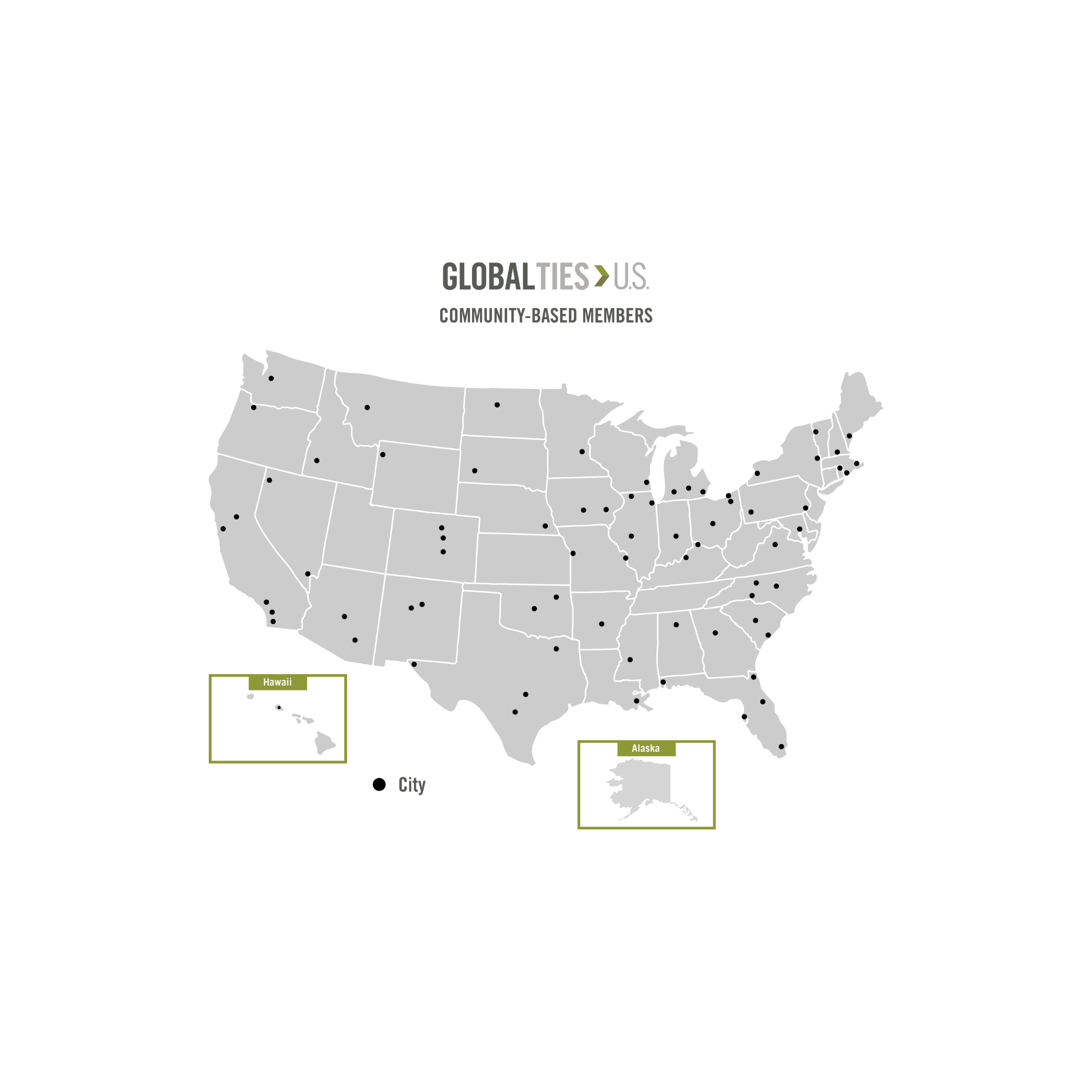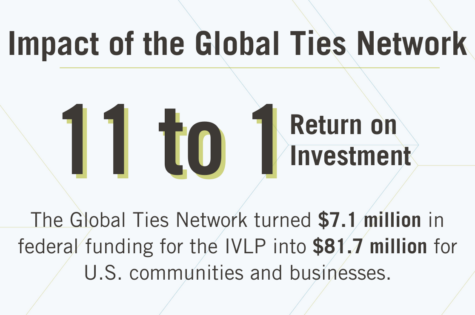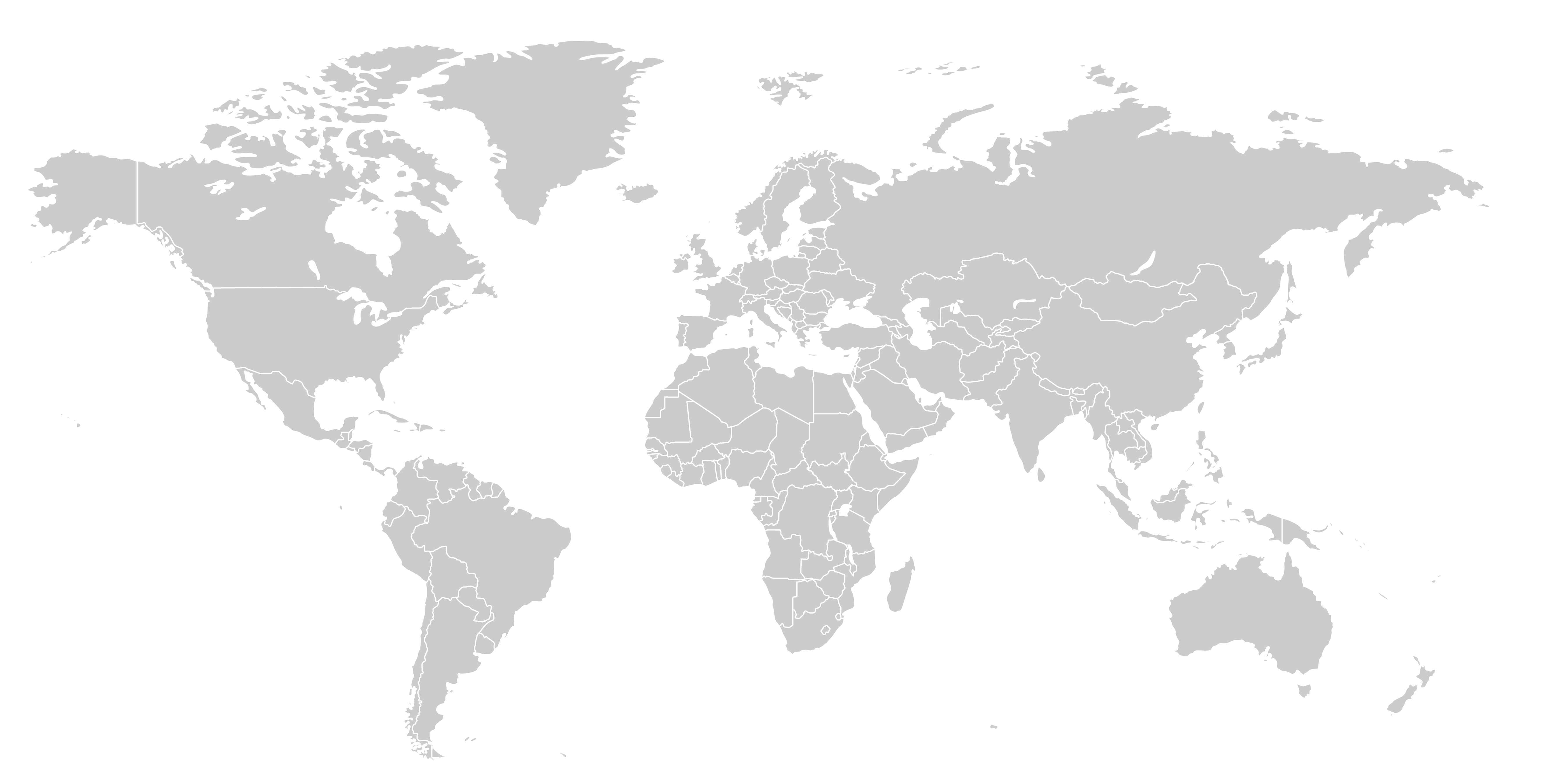
Global Ties U.S. Named Official Supporting Partner of America250
The collaboration will leverage the nationwide reach of the Global Ties Network in a multi-faceted celebration of service, innovation, and civic connection.
Learn More
Our work strengthens U.S. global influence and generates economic benefits for U.S. communities and businesses.

The collaboration will leverage the nationwide reach of the Global Ties Network in a multi-faceted celebration of service, innovation, and civic connection.
Learn More
The Nationwide Global Ties Network turned every $1 in federal funding for the International Visitor Leadership Program (IVLP) into $11 for local communities.
Learn MoreExchange Matters / August 20, 2025
Exchange Matters / August 5, 2025
Announcements / June 23, 2025
Announcements / June 18, 2025
states served
return on investment
The nationwide Global Ties Network strengthens U.S. national security and economic prosperity.

“The international exchange programs you help implement are among the most effective tools this country has for meeting its long-term foreign policy goals.”
President Ronald Reagan, 1984 Learn More